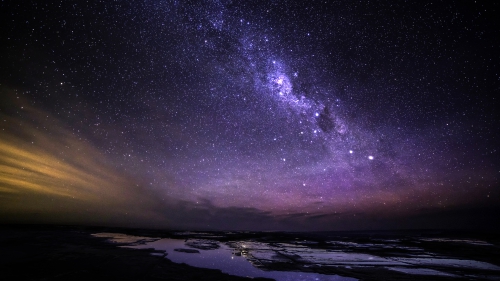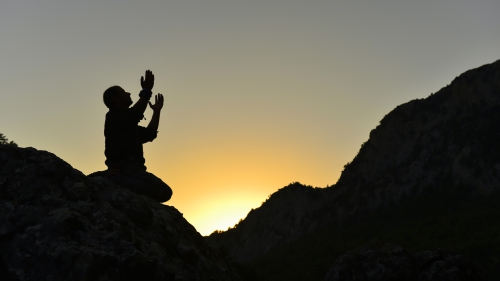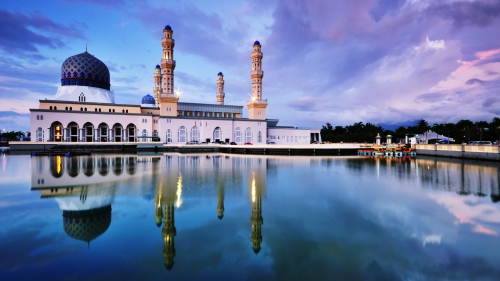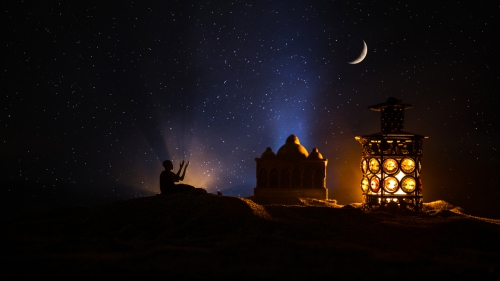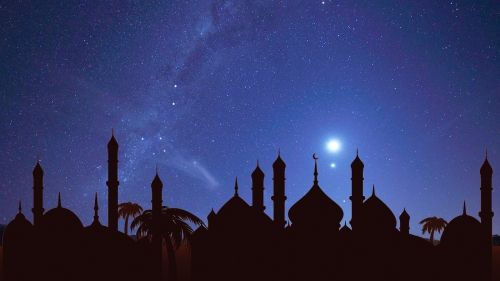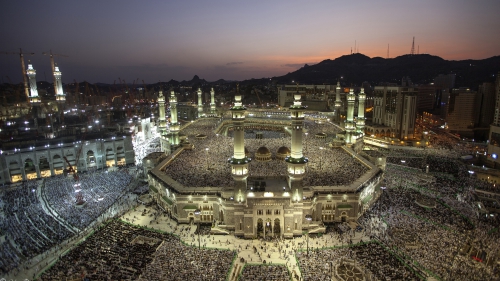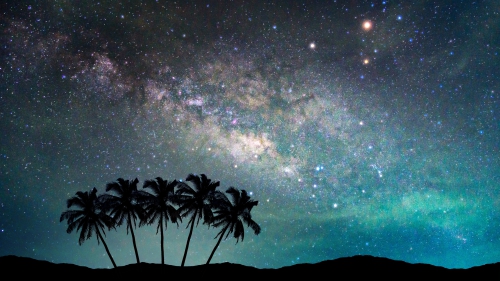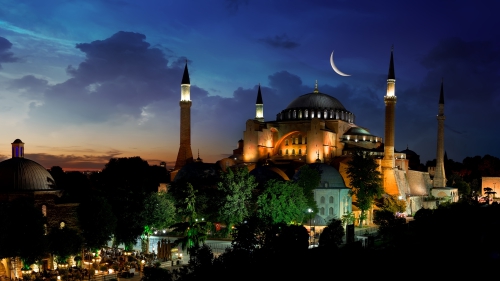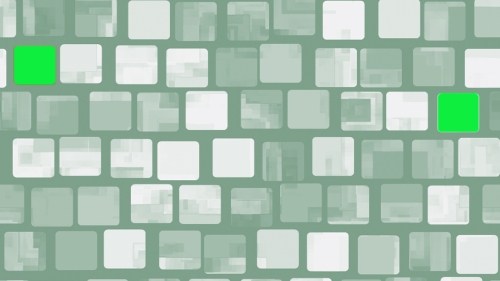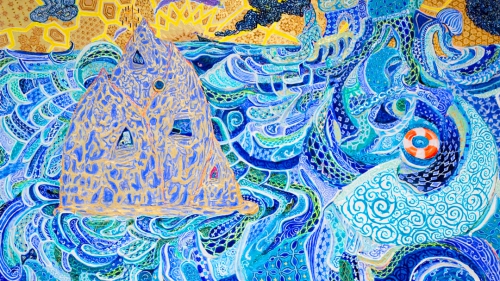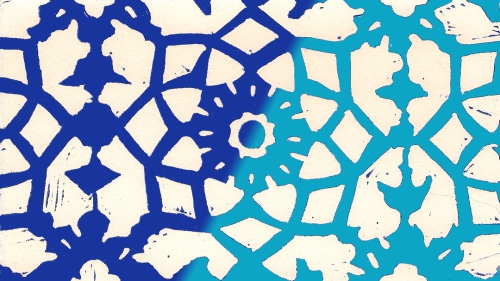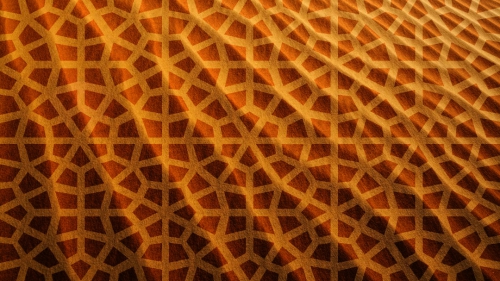A Night Of Power And Brotherly Love
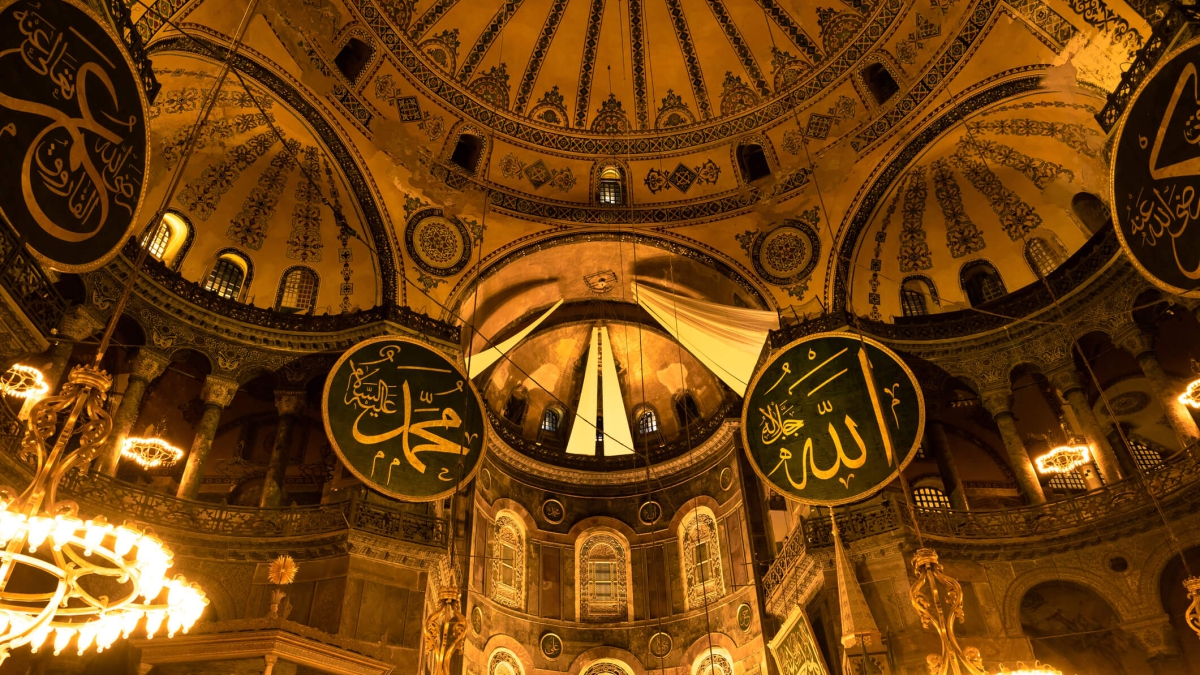
The Night of Power (Laylat al-Qadr in Arabic) was the night when the first verses of the Quran were sent down from heaven to the world; and were revealed to the Islamic Prophet Muhammad.
According to various traditions (hadiths), its exact date is uncertain but it was one of the odd numbered nights of the last ten days of Ramadan, the ninth month of the Islamic calendar.
This uncertainty is parallel to the giving of the ten commandments to the Jewish People at Mount Sinai which is the only Biblical holy day that is observed on the same day of the week each year rather than the same date of the month.
The lesson of this uncertainty is that while revelations are historical events; they should not be viewed as rigid or unchanging. Indeed, since the one God’s revelations are given for all generations to come, they must be flexible and capable of being interpreted for dozens of centuries to come.
This is why no specific date of Laylat al-Qadr is mentioned in the Quran. In 2024 Laylat al-Qadr is Friday evening and Saturday.
Muslims thus regarded the last ten nights of Ramadan as being especially blessed. Muslims believe Night of al-Qadr comes each year, with blessings and God’s mercy in abundance. But since the assassination of Ali occurred during the last ten days of Ramadan, Shi'as mourn on these nights.
As a Reform Rabbi I pray for peace in the Holy Land every night, and I offer these thoughts as a positive step to that goal.
In cooperations with Muslims, a hologram of a Jewish house of worship could be projected worldwide from a small space adjacent to the Dome of the Rock. According to prophet Zechariah 14:16-19; in the messianic era Sukkot will become a universal festival and all nations will make pilgrimages annually to Jerusalem to celebrate the feast of Sukkot there.
Orthodox rabbinic opinion discourages nationalistic attempts to physically rebuild the Jerusalem Temple. According to the majority of rabbinic opinion, the Temple will be rebuilt not by man but only by God’s Messiah; so we can only pray and wait. (Based on Rashi and Tosephot on the verse “The Sanctuary, O God, which your hands [God’s power] have established.” (Exodus, 15:17).
And, since all Jews are in a state of ritual uncleanliness due to the absence of a “red heifer.” it is forbidden for Jews to even enter the area where the Jerusalem Temple was located. Also in the absence of precise information as to exactly where the Jerusalem Temple was located, a general ban was imposed on access for Jews to the entire Temple Mount. (Based on the verse “you (Israelites) shall build (for) me a sanctuary.”; Maimonides, Code of Law, “Hilchot Bet Ha-Bechirah,” Chapter 1, Paragraph 1.
Finally, a Muslim Shrine presently occupies the site called, The Dome of the Rock. Often erroneously called the Mosque of Omar, it is not a mosque and it was not built by Omar. It was built in 691 by Abd-Al-Malik and it is regarded by Muslims as the third holiest site in the world. Any attempt to replace the Dome of the Rock would provoke a Muslim Holy War of cataclysmic proportions.
There is, however, a peaceful way to restore the Jerusalem Temple by using a small area of vacant land on the Temple Mount to erect a hologram of a Jewish house of worship that could be projected worldwide from a small space adjacent to the Dome of the Rock provided the Muslims would cooperate.
An even better way to redo the Jerusalem Temple would be to be inspired by the following fable, transmitted orally in both Arabic and Hebrew for many centuries and finally written down in several different versions in the 19th century, which illustrates how two holy places can be very closely connected even though they are physically separated by 765 miles. Some say this happened in the age of Noah, and others say in the generation when Abraham was born.
Two brothers who inherited a ‘valley to hilltop’ farm from their father divided the land in half so that each one could farm his own section. Over time, the older brother married and had four children, while the younger brother was still not married. One year there was very little rain, and the crop was very meager. This was at the beginning of a long-term drought that would turn the whole valley into an arid, treeless, desert where even grain did not grow, and all the springs dried up.
The younger brother lay awake one night praying and thought: “My brother has a wife and four children to feed, and I have no children. He needs more grain than I do, especially now when grain is scarce.” So that night, the younger brother went to his barn, gathered a large sack of wheat, and left his wheat in his brother’s barn. Then he returned home.
Earlier that very same night, the older brother was also lying awake praying for rain when he thought: “In my old age, my wife and I will have our grown children to take care of us, as well as grandchildren to enjoy, while my brother may have no children. He should at least sell more grain from his fields now, so he can provide for himself in his old age. So that night, the older brother also gathered a large sack of wheat, and left it in his brother’s barn, and returned home.
The next morning, the younger brother, surprised to see that the amount of grain in his barn seemed unchanged, said “I did not take as much wheat as I thought. Tonight I’ll take more.”
That same morning, the older brother, standing in his barn, was thinking the same thoughts.
After night fell, each brother gathered a greater amount of wheat from his barn and in the dark, secretly delivered it to his brother’s barn.
The next morning, the brothers were again puzzled and perplexed. “How can I be mistaken?” each one thought. “There’s the same amount of grain here as there was before. This is impossible! Tonight I’ll make no mistake—I’ll take two large sacks.”
The third night, more determined than ever, each brother gathered two large sacks of wheat from his barn, loaded them onto a cart, and slowly pulled his cart toward his brother’s barn. In the moonlight, each brother noticed a figure in the distance. When the two brothers got closer, each recognized the form of the other and the load he was pulling, and they both realized what had happened! Without a word, they dropped the ropes of their carts, ran to each other and embraced.
Only God can make something holy, and God thought the brothers’ love and concern for each other made their descendants worthy to rebuild a primordial Holy House in this valley; and later to build a new Holy House on that hill. So God sent Messengers to their descendants to guide them to do this.
When all those, both near and far, who revere these sacred places as a standard, share it in love with everyone else who reveres it, then Abraham’s request for Allah to “Make this a land of peace, and provide its people with the produce of the land” [Surat Al- Baqarah, 2:126] will be extended throughout the world; and all the children of Adam, Noah and Abraham will live in Holiness, Peace and Prosperity.
Christians and Jews believe the hill is Jerusalem. Muslims believe the valley is Mecca.
I believe they are both right and God willing, someday everyone may see both cities and their sanctuaries as a pair of lungs; that are central to our spiritual inspiration by, and connection to, the One God of Abraham, Ishmael and Isaac. As the Qur’an states: “’Believers, be steadfast in the cause of God and bear witness with justice. Do not let your enmity for others turn you away from justice. Deal justly; that is nearer to being God-fearing.” [Surat Al-Ma’idah, 5:8]
As Zechariah 14:16-19 states; in the messianic era Sukkot will become a universal festival and all nations will make pilgrimages annually to Jerusalem to celebrate the feast of Sukkot there.
If we can live up to the ideal that religious pluralism is the will of God, we will help fulfill the 2,700-year-old vision of Prophet Isaiah: “In that day there will be a highway from Egypt to Assyria. The Assyrians will go to Egypt, and the Egyptians to Assyria.
The Egyptians and Assyrians will worship together. In that day Israel will join a three-party alliance with Egypt and Assyria, a blessing upon the heart. The LORD of Hosts will bless them saying, “Blessed be Egypt My people, Assyria My handiwork, and Israel My inheritance.” (Isaiah 19:23-5)
Topics: Last Ten Days Of Ramadan, Night Of Power (Laylat Al Qadr) Channel: Ramadan - Day 21, Ramadan - Day 27
Related Suggestions







